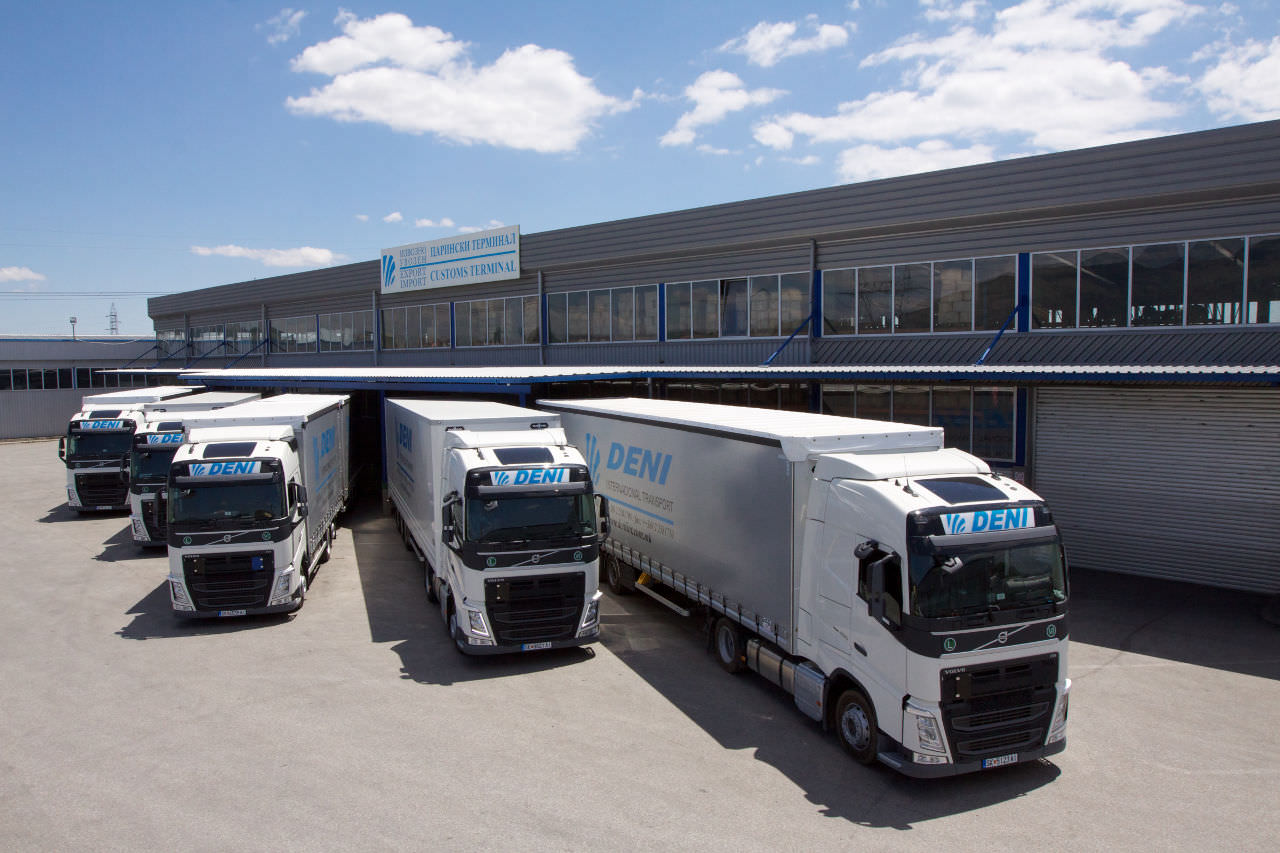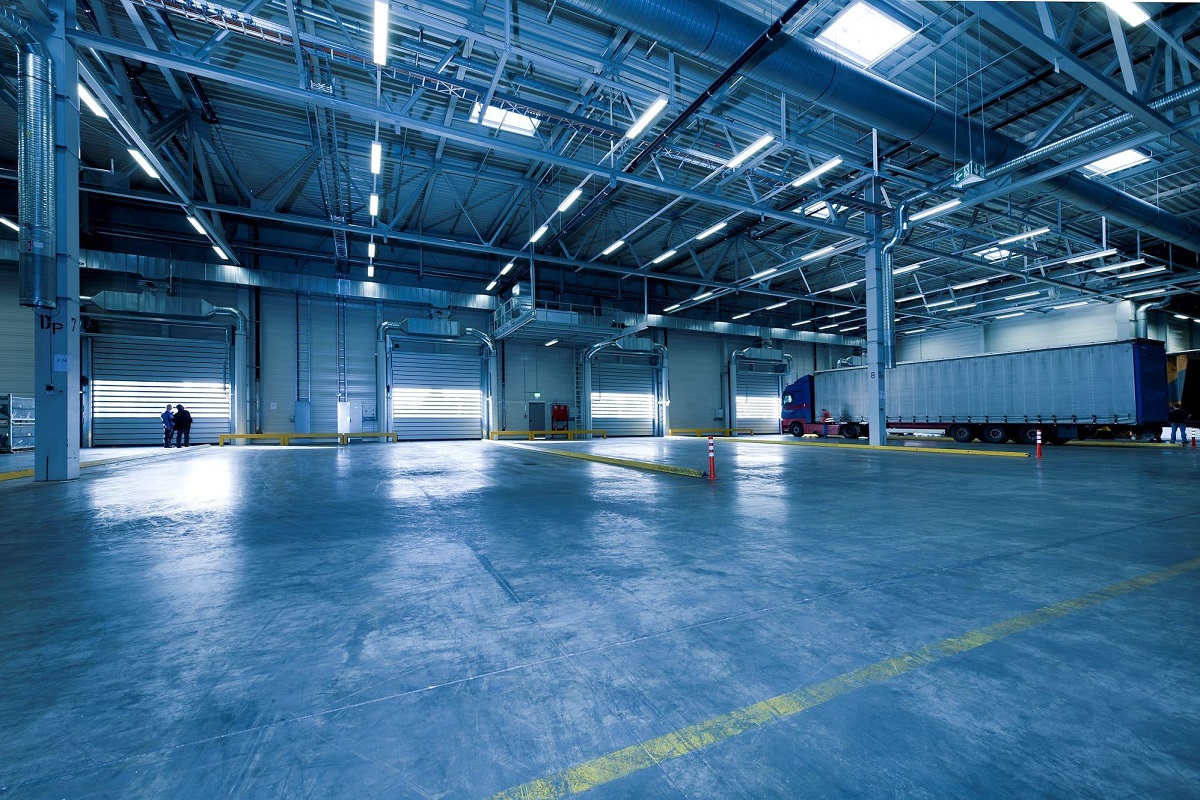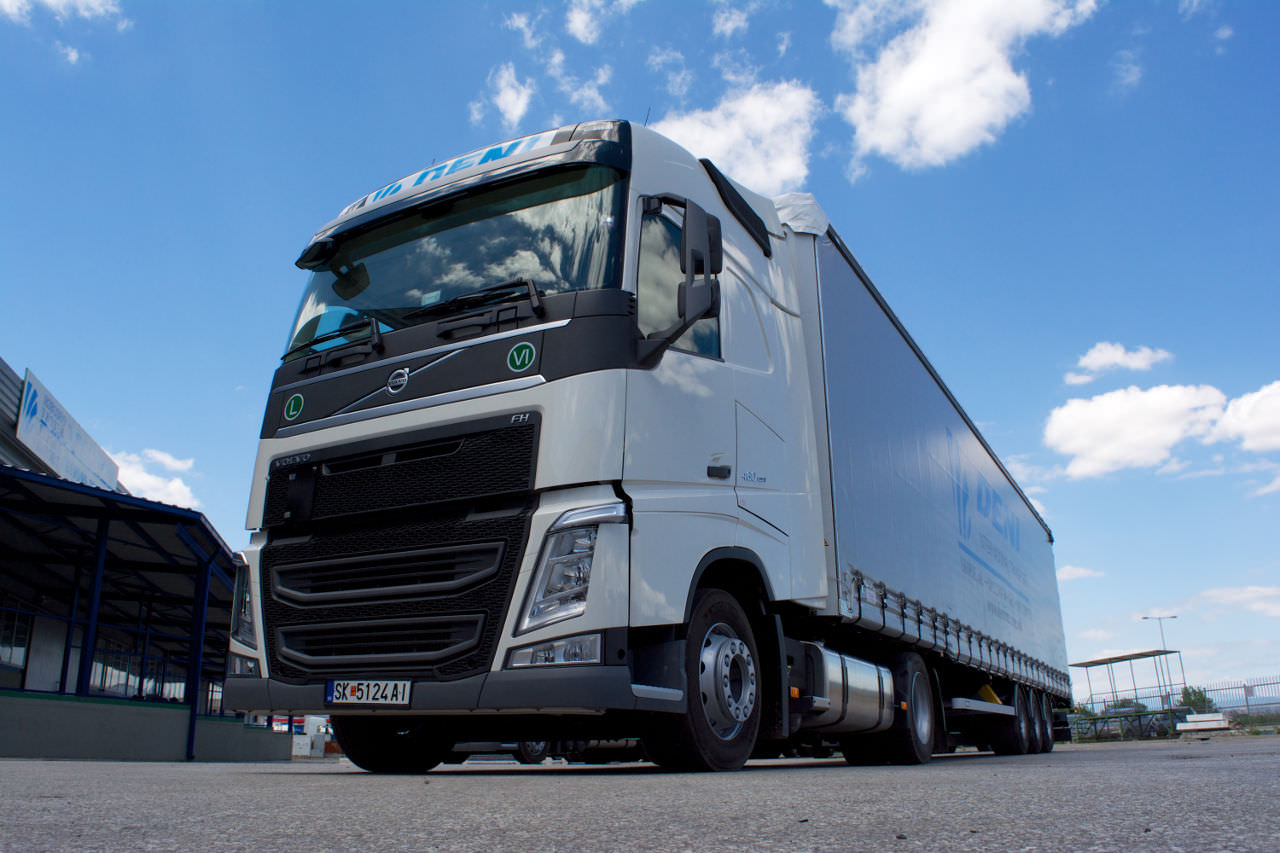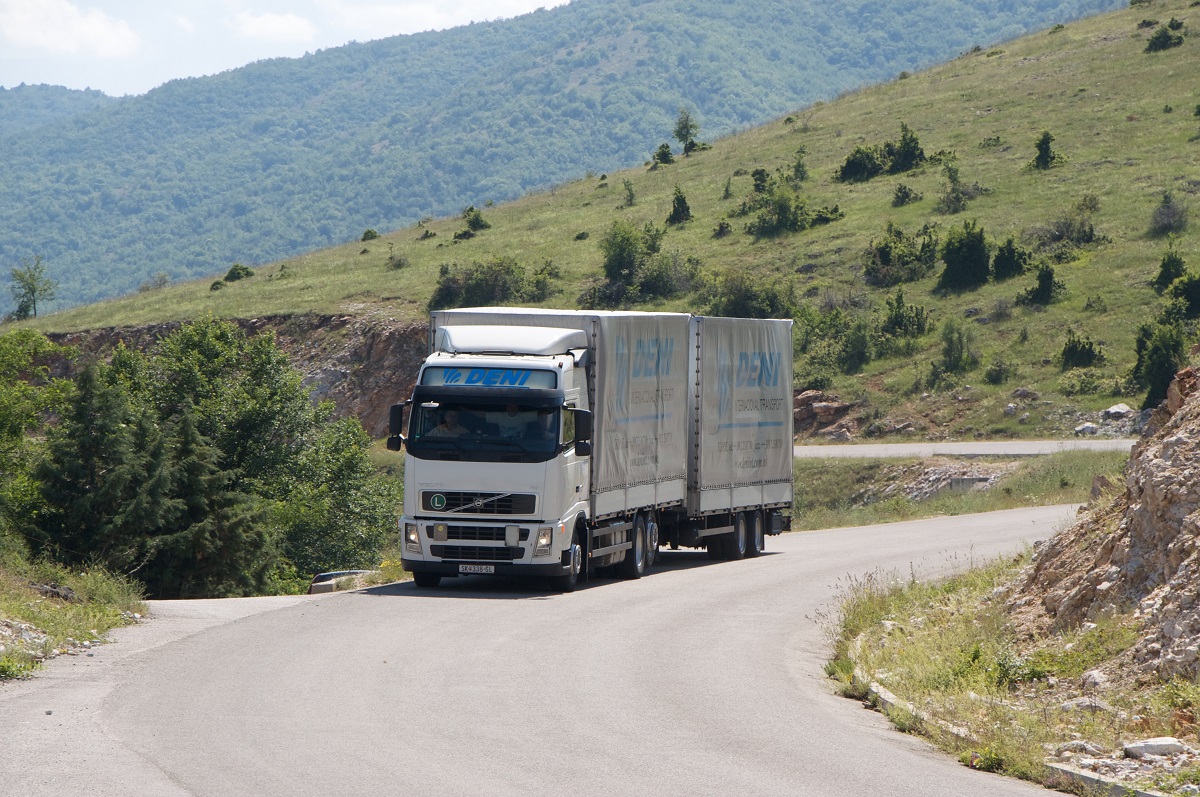International transportation is a driving force that shapes the overall transportation chain.
Correspondingly it could present a great opportunity for many lucrative businesses.
Point often overlooked is that the international transportation stretches thousands of miles, spans oceans, crosses multiple borders, and utilizes a variety of transport modes. Therefore, the key point to arranging impeccable international cargo transportation is choosing wisely the most important actors in shipping.
Do you wonder who the actors in shipping are? And what are the most important roles in international transportation?
Take a further read & find out more about international transportation!
1. Freight Forwarder
Did you know that the freight forwarder does not actually move your freight itself?
The actual role of the freight forwarder in the overall international transportation is to act as an intermediary between the shipper and the other transportation services. That is to say the freight forwarder establishes relationship with logistics companies, trucking companies as well as carriers.
Therefore, it is the freight forwarder who negotiates the best price and by that holds one of the most important roles in international transportation.
A good freight forwarder is he who can choose a route for your cargo that best balances the reliability, price, as well as speed of delivery. Moreover, a good freight forwarder makes the transportation way simpler and available for clients through cost optimization, as well as through managing timely freight deliveries.

Correspondingly, the freight forwarder will have to assist and advice you as their client on the types and modes of international transportation. By the same taken freight forwarders have knowledge of regulations, transportation costs as well as regulations. This, on the other hand, will help you ease the exporting process too.
In many cases a freight forwarder can be a transportation company, which besides using its own units and resources uses resources from other operators in the overall transportation process with the aim to find the most optimal transportation solution.
Transportation companies by using their know-how often times find ideal transportation solutions by using single or multimodal transportation.
All in all, the freight forwarder, optimizes the transport process, handles your cargo from one international destination to another.
2. Shipper
On the other hand we have the shipper.
The shipper has one of the most important roles in international transportation too. Depending on the incoterms agreed between the buyer and the seller, the Shipper is in most cases responsible for exporting the cargo.
This means that most of the time he is the one doing the packaging, loading, and preparing the export customs documents.

Therefore, shippers can also be seen as the seller of the cargo or the company where the cargo can be picked up.
The main shipper’s responsibilities are:
- Delivering the goods ready for carriage;
- Providing information, instructions and documents;
- Providing information for the compilation of contract;
- Informing the dangerous nature or character of the goods.
By and large, the shipper can be referred to as an exporter.
3. Consignee
A consignee is the recipient of cargo, that is to say the party that receives a shipment from the carrier.
According to the rules and regulations that do apply to international transportation, the consignee should be listed on the Bill of Lading and, in most of the cases, it is the consignee’s address that the cargo will be delivered where he should be physically present when receiving the shipment.
The main consignee’s responsibilities are:
- Proper cargo pickup and delivery;
- Maintaining proper documentation (signing cargo pickup document);
Another key point of consignee’s work includes filling import customs declaration, as well as paying taxes and duties.
4. Customer
A customer can be an individual or a company that wants to arrange international transportation for its cargo. Usually companies tend to book cargo transportation with the help of freight forwarders, as mentioned before.
Henceforth, besides an individual, or a company that wants to arrange international transportation, as customers can be as well considered:
- Transporters;
- Freight forwarders;
- The sender and the receiver;
Put differently, each of the roles mentioned previously at some point of the transportation process can play the role of a customer.
In either case, the customer is someone that has the need of moving his cargo from point A to point B.
5. International Transportation – Transport Operators
Road Transport Companies
The most common way of transporting cargo is via road transportation.
Road transportation these days is enabled by road transport companies. These companies are generally offering the following cargo transportation services:
- Full truck loads;
- Partial truck loads;
- Bulk transportation;
- Temperature controlled transportation.

Correspondingly road transport companies try to keep their customers happy on a regular basis by developing specific routes and combining complexity, while having in mind the economic aspects as well.
Airfreight Lines
Airfreight lines, or better said air transport is a crucial part of many international logistics networks. More precisely, airfreight lines are dedicated to the cargo transportation process by air.
Additionally, airfreight lines are responsible for controlling and managing the flow of goods, information and other resources.
It might happen that airfreight lines are divisions of larger passenger airlines.
Shipping Lines
Shipping lines are companies operating ships that are responsible for the transportation of cargo/containers.
These companies are responsible for the transportation process of the cargo from the load port to the discharge port.
Shipping lines play integral part in the multimodal cargo transportation process.
When handling cargo to shipping lines customers are most commonly required to give authorization to the shipping line to sign on their behalf. Shipping lines are requiring this with the purpose to save time for their customers, because that way if there is any process along the way that will have to be expedited, they will do it without the owner physically going there.
Final Thoughts
To enumerate, managing international transportation requires a detailed pre-planning, as well as a good collaboration between the freight forwarders, shippers, consignees, customers, and transport operators.
So, the best for your business is to make an informative decision on choosing the 5 most important roles that will lead you to achieving on-time, on-budget, and goal-focused international transportation of your cargo.









